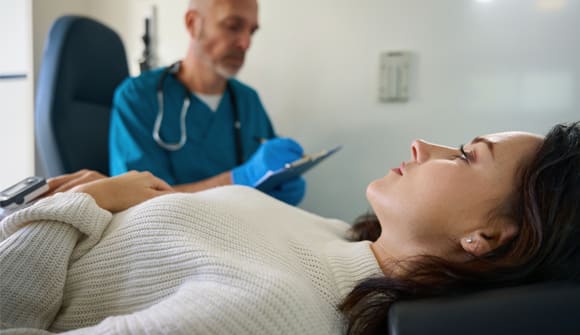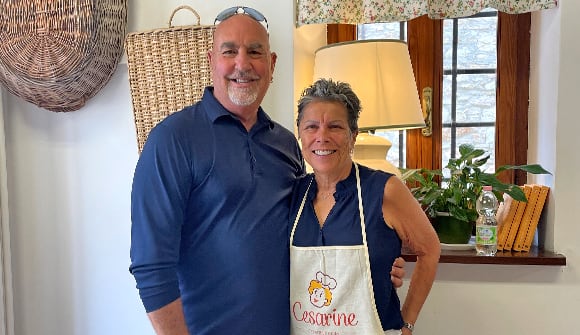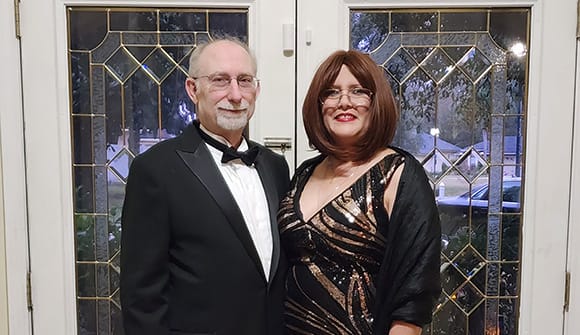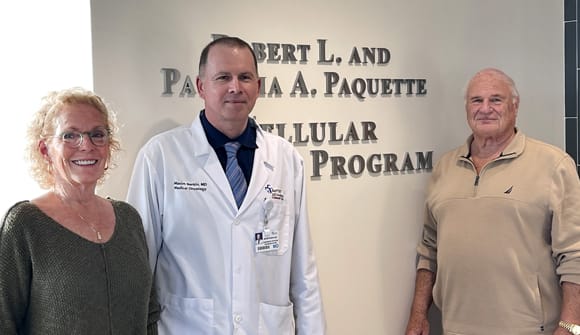Curbing recurrence
Cancer expert explains ‘preventive’ chemotherapy.
Article Author: Juliette Allen
Article Date:

A cancer diagnosis can be shocking, confusing and devastating. From the moment someone receives the life-changing news, they work with a team of doctors to determine the best course of care. Depending on the type of cancer, that may include surgery followed by adjuvant chemotherapy, which some people know as “preventive chemotherapy.”
What is preventive chemotherapy?
According to Tomislav “Tom” Dragovich, MD, PhD, head of the Division of Cancer Medicine and medical oncologist-in-chief for Baptist MD Anderson Cancer Center, physicians use the terms “adjuvant” or “postoperative” rather than “preventive.”
“This is the therapy often given after the first course of treatment – which is usually surgery – for a specific type of cancer,” said Dr. Dragovich. “Depending on the type of cancer, adjuvant therapy could be chemotherapy, a combination of chemotherapy and radiation, biological therapy, hormonal therapy or lately, immunotherapy.”
Does it prevent cancer?
So-called preventive chemotherapy won’t keep you from getting cancer; rather it lowers the likelihood of the disease coming back.
“We know that even after successful surgery, in many cases a few cancer cells remain in the body, which can give rise to cancer recurrence down the road,” Dr. Dragovich explained. “The role of ‘preventive’ therapy is to kill off those lingering cells and prevent recurrence of cancer.”
For what types of cancers is adjuvant chemotherapy used?
“This approach is used in many common cancers such as those of the breast, large intestine, esophagus, pancreas, ovaries and liver, to name a few,” Dr. Dragovich said.
He cautioned, however, that postoperative chemotherapy isn’t the right fit for every person battling cancer.
“The potential benefit from this type of therapy will depend on cancer type, stage or advancement, surgical outcome, evidence of spread and the overall physical fitness of the person,” he said. “A cancer specialist will and should discuss the need for ‘preventive’ therapy with you and determine if it’s the right fit.”
The experts at Baptist MD Anderson Cancer Center know every patient is unique. Together, providers, patients and families work to determine the best course of treatment for each case. To learn more about clinical and support services provided at Baptist MD Anderson, call 1.844.632.2278.



